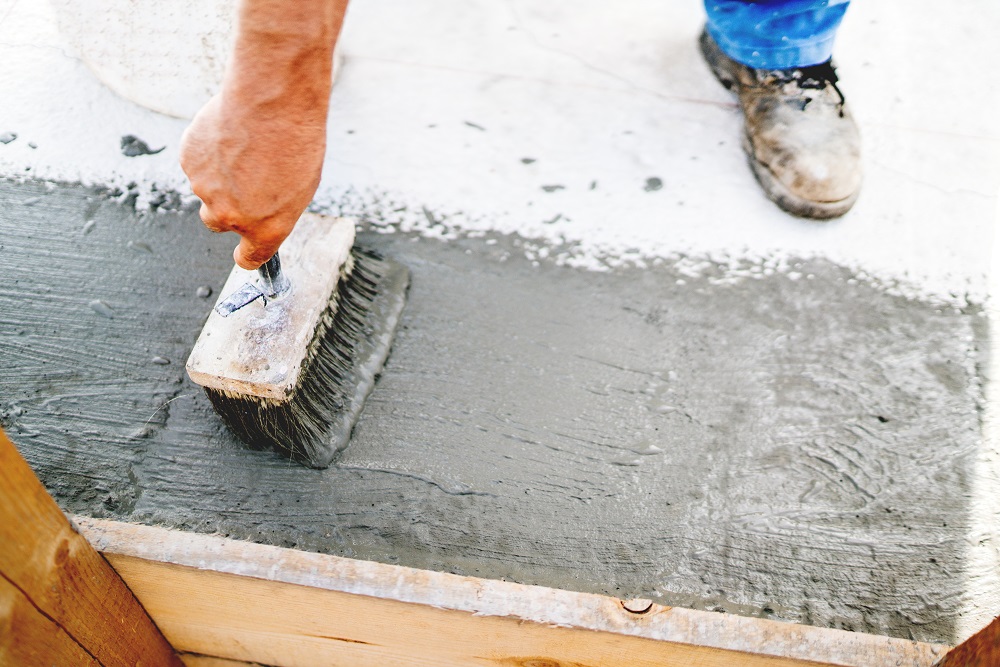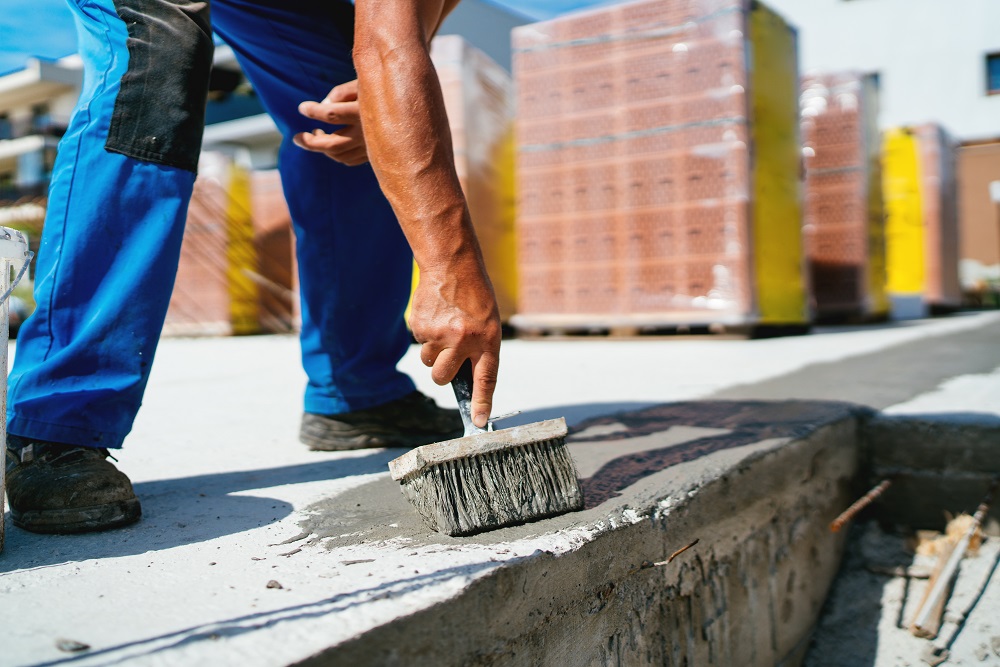Ever had that sinking feeling of descending into your basement only to find it transformed into an unwanted swimming pool? Or perhaps, have you been confronted with the musty odour that whispers of hidden mould growing steadily behind your wall paint? Or relentlessly trying to keep your basement dry and clean, but it seems like a losing battle against moisture? If you nodded ‘yes’ to any of these scenarios, you might have a disturbing issue called basement moisture. But stay with me, for this post explores a topic vital for all homeowners – effective techniques for waterproofing basement walls. We’ll delve deep into why basement waterproofing is essential, how it’s done, when it should be performed, who should do it, and the pros and cons of DIY vs professional assistance.
Why Waterproof Your Basement Walls?
Peeling paint, efflorescent salts, wet spots, and mould growth – these wailed complaints might sound familiar if you’re struggling with damp basement walls. Basements are vulnerable to water issues due to their subterranean nature. The problem might appear trivial initially, but in due course, it peels off the mask of benignity, revealing a destructive face. So, why waterproof your basement walls? Simply put, to avoid structural damage to your house, prevent mould and mildew health hazards, secure your investment in your property, and most importantly, to keep your mind at peace.
The ‘What’ of Basement Waterproofing
When it comes to waterproofing basement walls, a myriad of techniques come into play. The core objectives are to stop water from penetrating the walls and to manage the water that inevitably does. The ventures range from simple DIY sealant applications, installing waterproof barriers to more comprehensive options like installing drain systems or exterior excavation.
The ‘When’ of Basement Waterproofing
Timing is crucial in basement waterproofing, often making the difference between a preventive measure and a disaster management effort. Water issues typically signal themselves through dampness, mould growth, flaking paint or a “musty” smell in your basement. If you’ve noticed such signs, you shouldn’t delay in waterproofing basement walls.

DIY vs Professional Waterproofing: The ‘Who’ Question
DIY waterproofing can be a rewarding process but demands time, effort, and a certain level of expertise. On the other hand, professional waterproofing services bring in expert knowledge, apt equipment, and if you opt for a recognised company, a guarantee period on their work.
Evaluating the Pros and Cons
Opting for DIY waterproofing provides satisfaction, helps understand your property better, and is cost-effective. However, it can be time-consuming, might miss hidden problems, and you may lack the technical knowledge required in some cases. Professional waterproofing brings assurance, accountability, and often, speed. But, it can be pricier and pose difficulties in finding dependable contractors.
Final Considerations: Costs, Materials and Techniques
Costs, materials, and techniques vary based on your situation’s complexity. Therefore, it is crucial to equate various options, undertake careful research and consultation before embarking on the waterproofing journey.
The endless battle against basement moisture need not feel so exasperating once you’ve acquired the right knowledge and arsenal to tackle it. Waterproofing basement walls is not a luxury, but an indispensable part of home maintenance. The process is a bit like a jigsaw puzzle – knowing why, what, when, and who are the pieces that combine to present a coherent and victorious strategy against moisture and its damaging effects. So, before you proceed, take a moment to ponder your situation, needs, and options and then, make your move. Whether you choose to do it yourself or call upon the professionals, knowing that you are making an informed decision will certainly take a load off your mind. Happy waterproofing!

